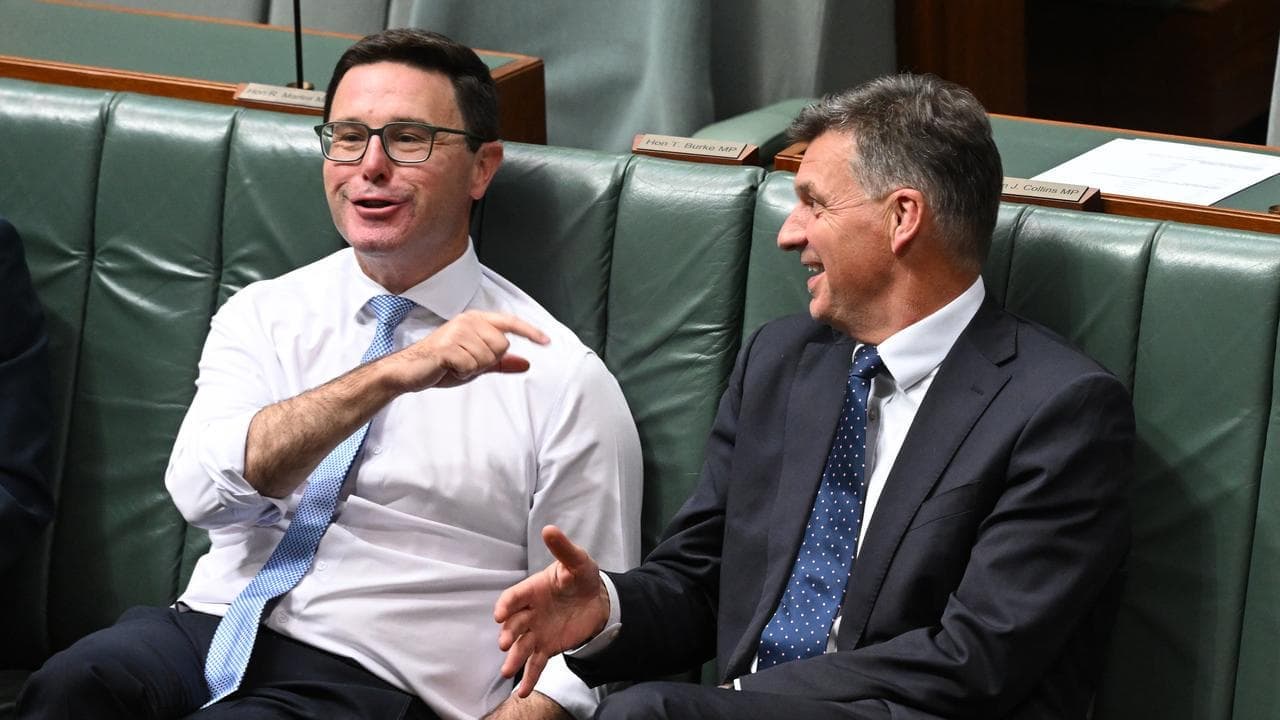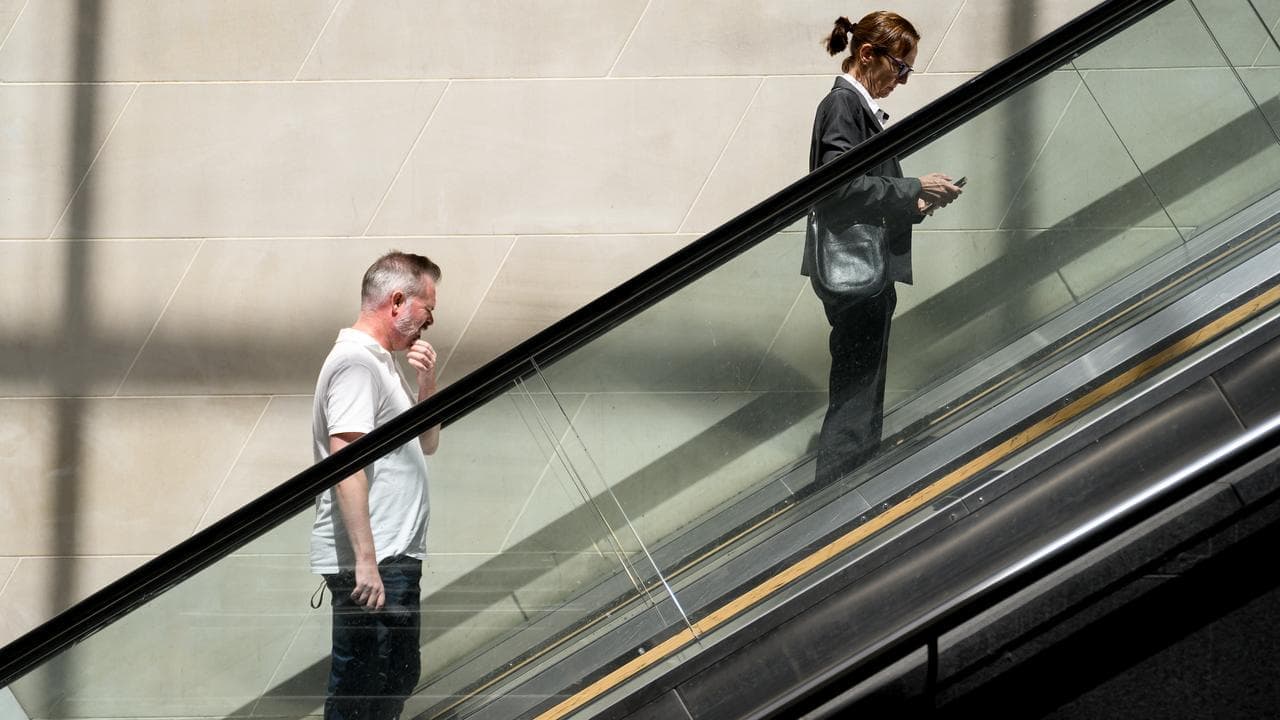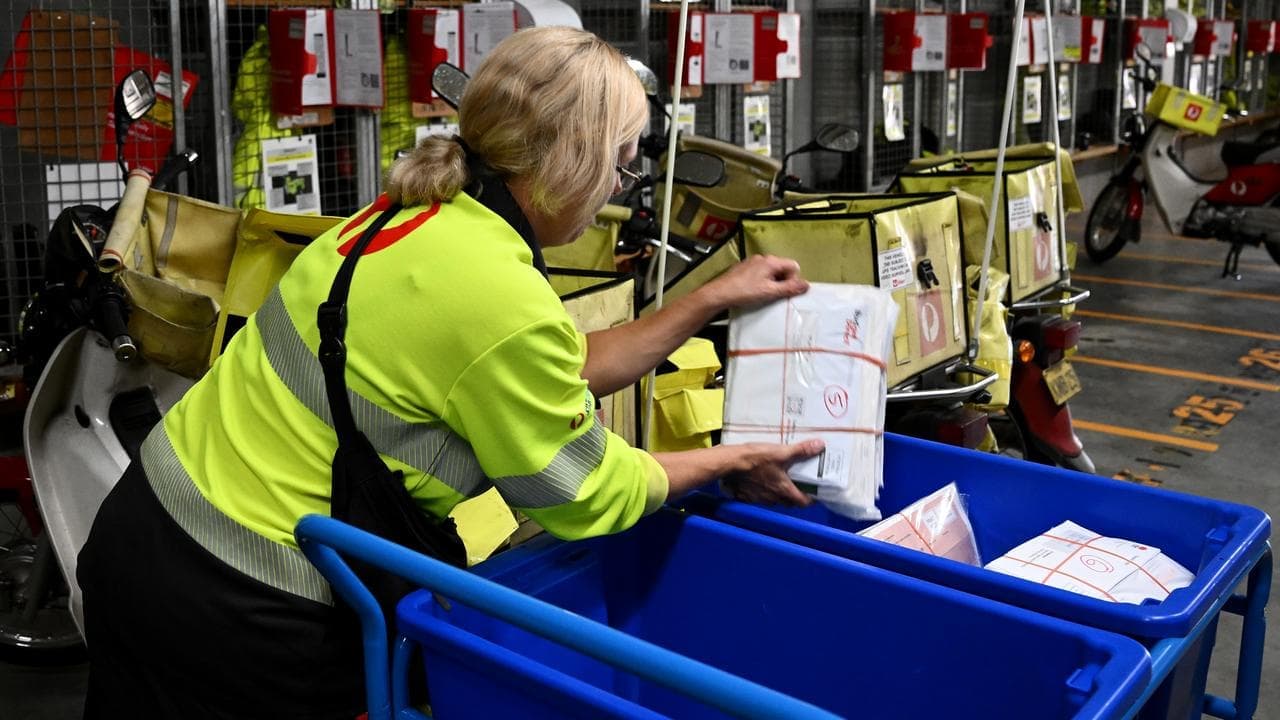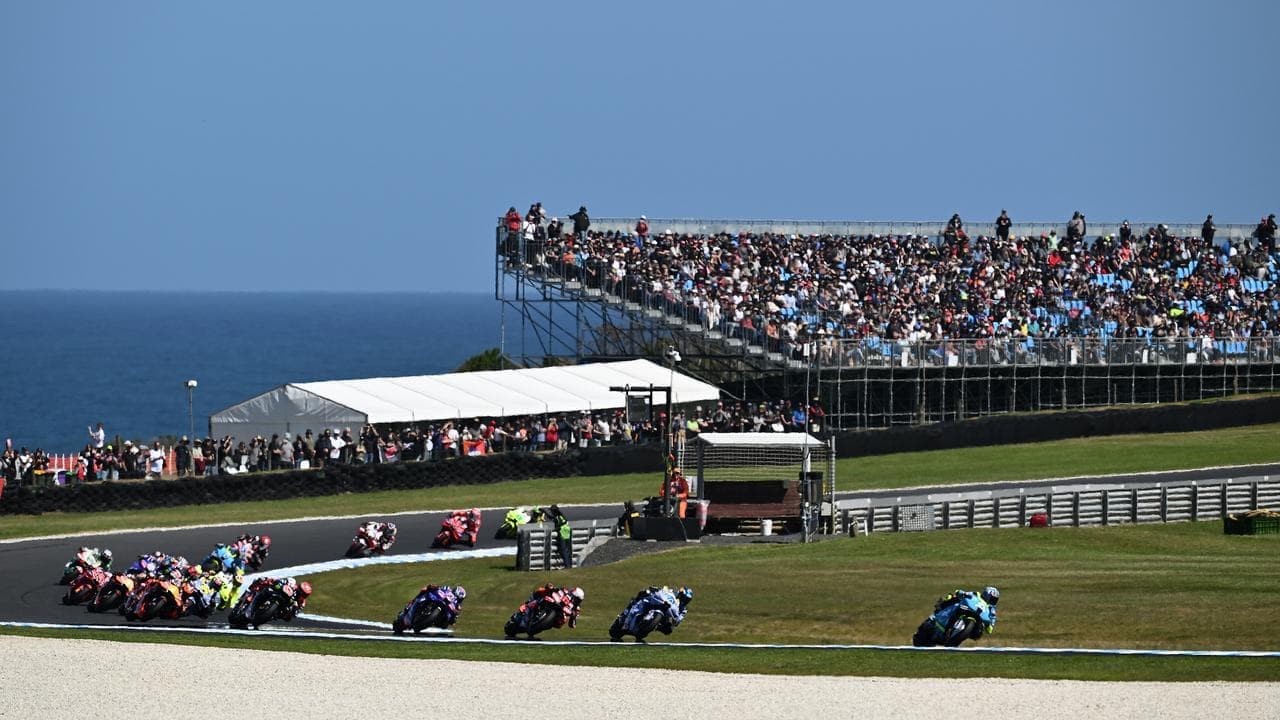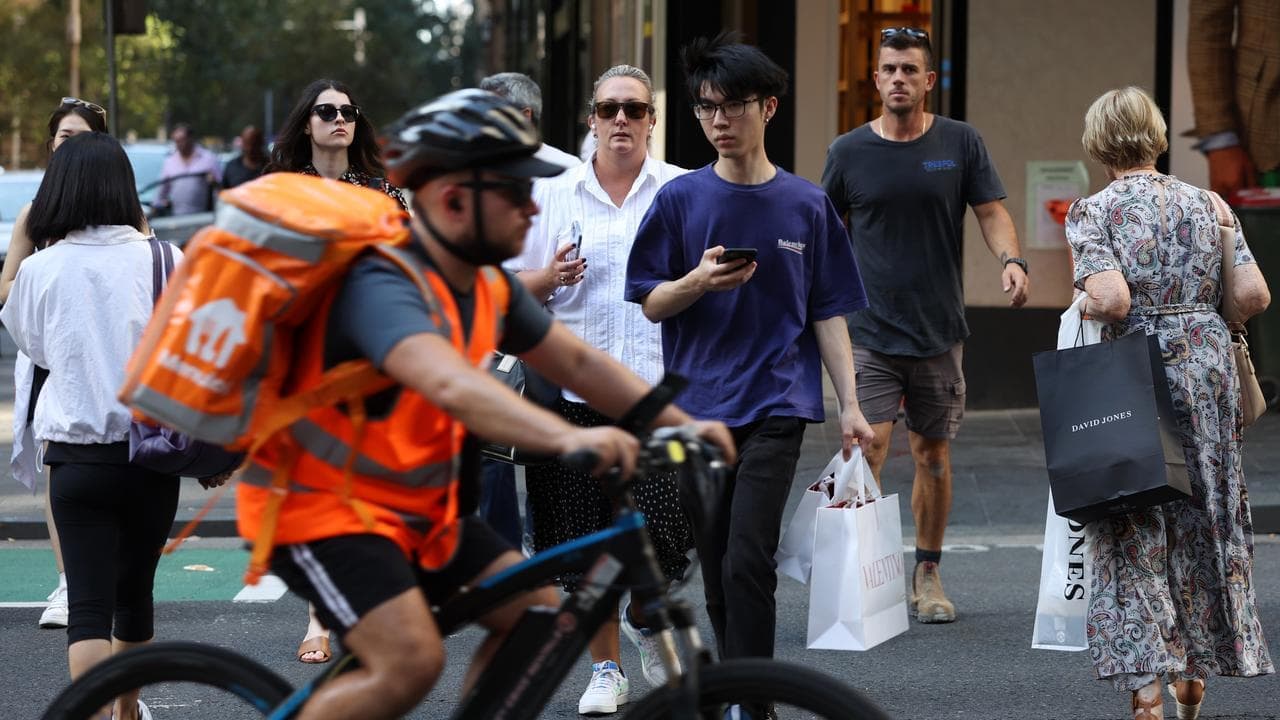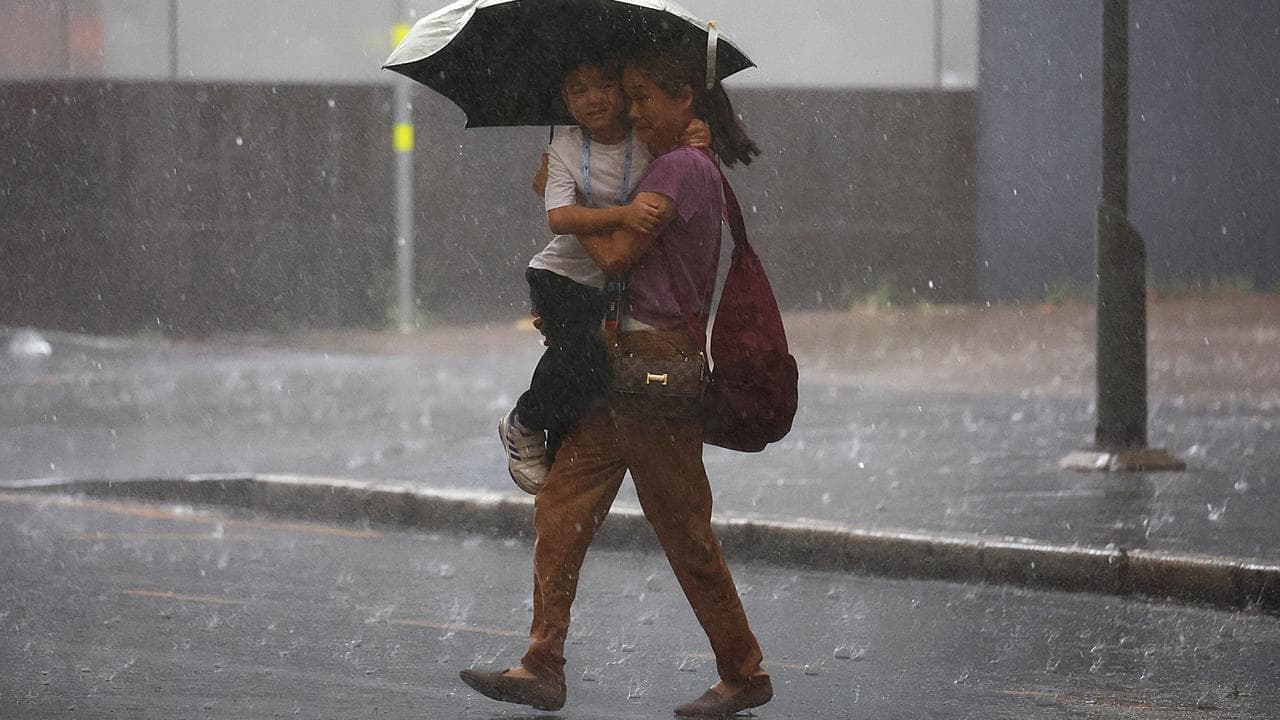WHAT WAS CLAIMED
Mammograms have been banned in Switzerland.
OUR VERDICT
False. Mammograms are available in Switzerland.
AAP FACTCHECK - Switzerland has become the first country to ban a common breast screening test, according to claims online.
This is false. Mammograms, which are used to check for breast cancer, have not been banned in the European nation.
The claim is being shared widely across social media on Facebook, Instagram, X and TikTok.

"Women who go for mammograms are probably unaware of the harm they do to themselves," one post states.
"50-60% of the 'positive' results are incorrect!! So, being diagnosed with 'breast cancer' in 50-60% of cases, turns out it didn't exist at all!!"
The posts claim the examination bombards patients with X-rays that stimulate tumour growth.
"Switzerland is the first country in the world to ban mammographic examinations."
Mammograms use X-rays to check for cancer, particularly tumours too small to see or feel.
The test involves each breast being pressed between two plates, which spread the breast tissue out so clear pictures can be taken.
The Swiss Federal Office of Public Health told AAP FactCheck the social media posts are wrong.
"Mammography is not banned at all in Switzerland. It is covered by health insurance and is recommended for women at age 40-59 yearly and from age 60-75 every two years," a spokesperson said.
A Zurich University Hospital spokesperson also confirmed they were available in Switzerland.

The claim may be based on a 2014 report by the now-defunct Swiss Medical Board, which questioned the benefit of mammograms and recommended ending their use.
Experts and medical organisations criticised the findings, calling the report "flawed and misleading".
The social media posts also claim mammography returns a high number of false positives, poses dangerous health risks and promotes tumour growth.
Health experts told AAP FactCheck the screenings are safe and vital for early cancer detection.
Professor Nehmat Houssami, a breast and public health physician at the University of Sydney, said mammograms - like all screening tests - do return false positives, which vary from practice to practice.
She said Australian evidence showed false positives occurred in about three per cent of tests (table 5, page 4).
"When that occurs, the individual recalled will have further tests and the false result can be sorted out," Prof Houssami said.

Bruce Mann, a professor of surgery at the University of Melbourne, said there was no evidence mammograms promoted tumours.
"Yes, mammography is uncomfortable, but there is no evidence that it causes any long-term harm," Prof Mann said.
"The amount of radiation in a mammogram is very small, and closely monitored."
Prof Houssami said theoretically radiation from an X-ray could cause cancer, but the risk was minimal and outweighed by the benefit.
A 2020 study which followed half a million women aged 40-69 in Sweden found mammograms reduced fatal breast cancer rates, with a "41 per cent reduction in their risk of dying of breast cancer within 10 years … and a 25 per cent reduction in the rate of advanced breast cancers".
Australian Institute of Health and Welfare research similarly found women aged 50-69 with cancer detected through the BreastScreen mammogram program had a 54-64 per cent lower risk of death than women with cancer who didn't use BreastScreen services (page 10).
"Bottom line is that randomised trials have shown that screening with mammography reduces the risk of dying from breast cancer," Prof Mann said, citing Australian research showing women diagnosed after mammograms were less likely to need a mastectomy.
The Verdict
False – The claim is inaccurate.
AAP FactCheck is an accredited member of the International Fact-Checking Network. To keep up with our latest fact checks, follow us on Facebook, Twitter and Instagram.







